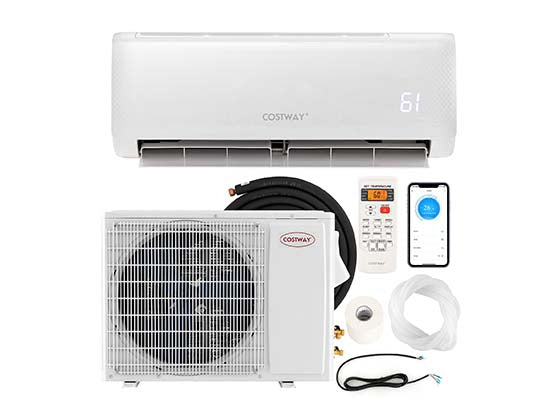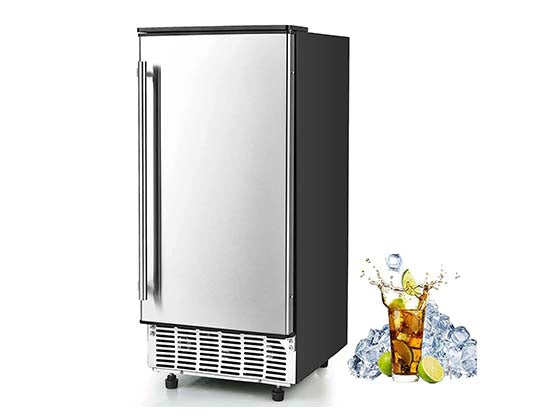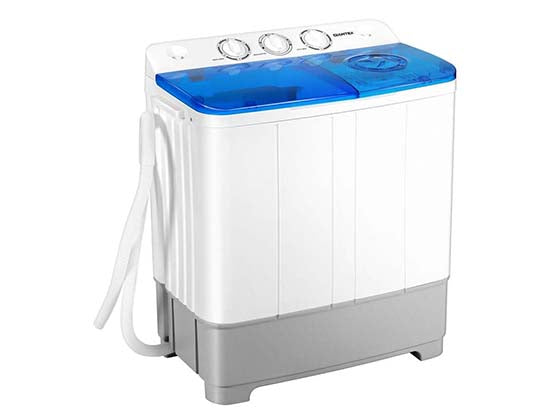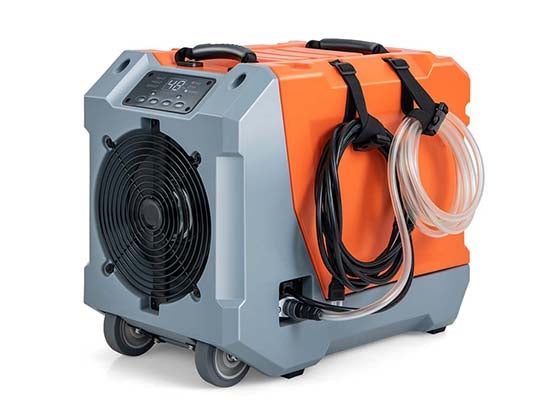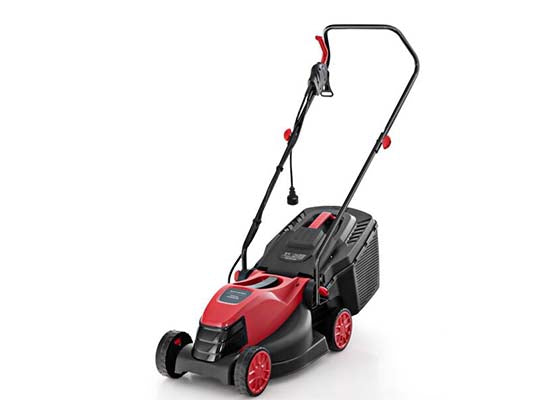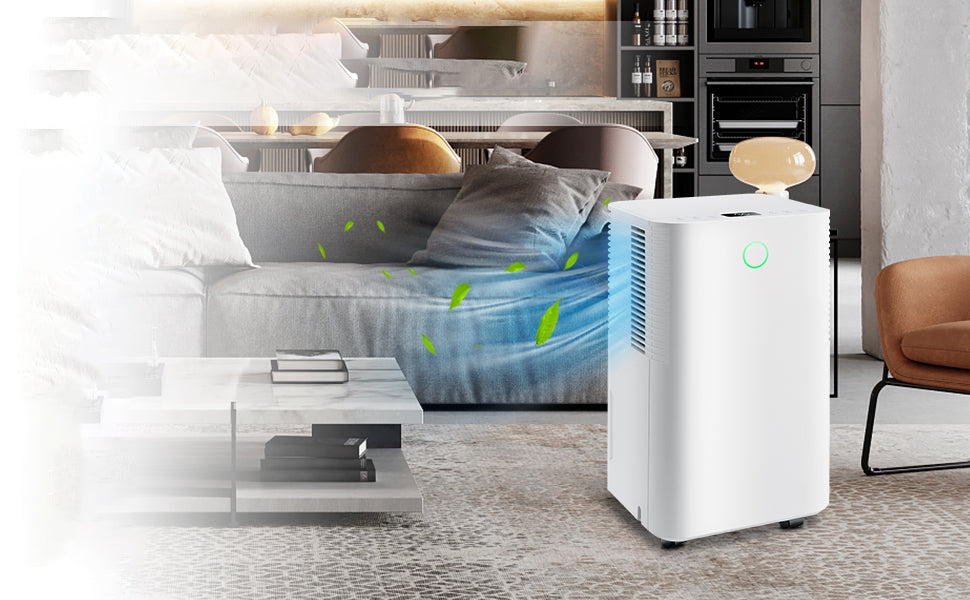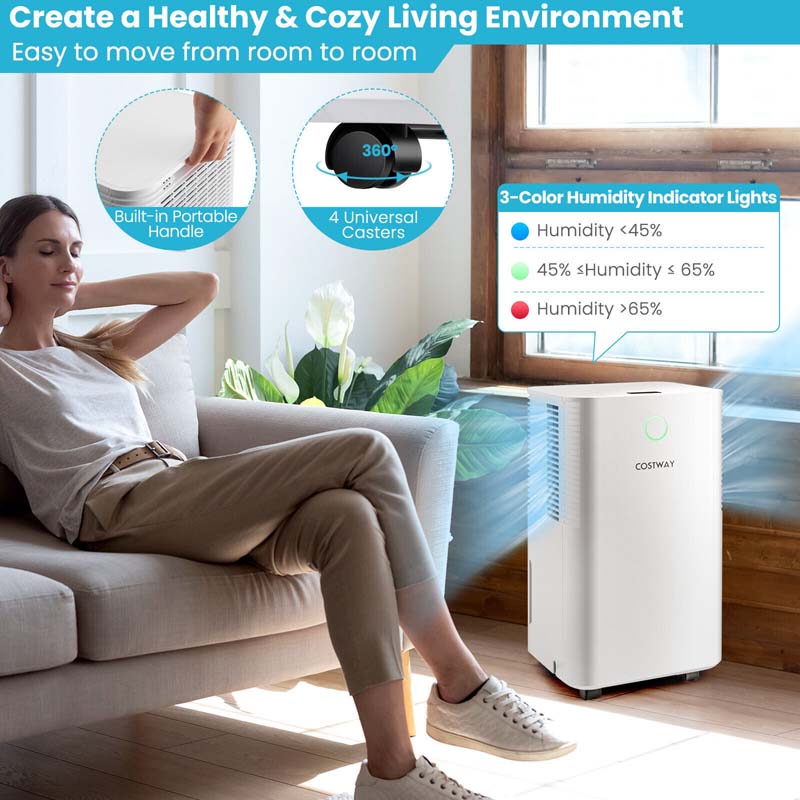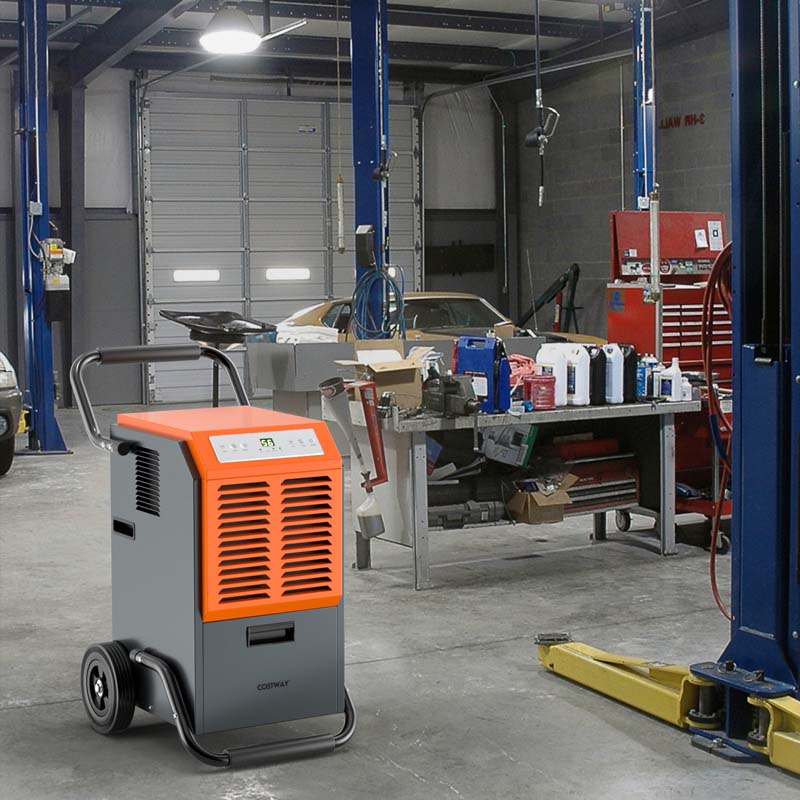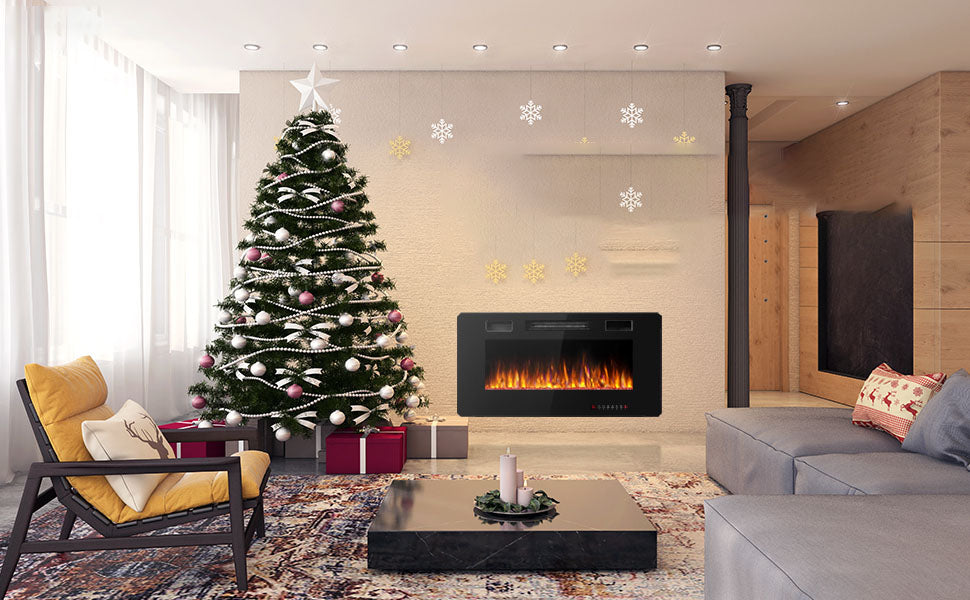In the world of indoor air quality, dehumidifiers play a crucial role in maintaining a comfortable and healthy environment. Whether it's for a cozy home or a bustling commercial space, choosing the right dehumidifier can make all the difference. In this article, we delve into the distinctions between home and commercial dehumidifiers, guiding you to make informed decisions tailored to your specific needs.
What is a Dehumidifier?
Dehumidifiers are devices designed to remove excess moisture from the air, preventing mold growth, reducing allergens, and improving overall air quality. They are essential in environments where humidity levels are high, ensuring comfort and health for occupants.
Types of Dehumidifiers
Home Dehumidifiers
Home dehumidifiers are designed for residential use, offering solutions for spaces like basements, bedrooms, and living areas. They are often portable, making them easy to move and adjust according to the needs of different rooms. These units are ideal for maintaining a comfortable humidity level in household settings.
Commercial Dehumidifiers
Commercial dehumidifiers, on the other hand, are built for larger spaces such as warehouses, industrial sites, and commercial buildings. They are robust, with higher moisture removal capacities, and are designed to withstand more demanding environments. These units are essential for maintaining air quality in large-scale operations.
Key Differences Between Home and Commercial Dehumidifiers
Capacity and Size
One of the primary differences lies in the moisture removal capacity. Commercial dehumidifiers are equipped to handle larger volumes of air and moisture, making them suitable for expansive areas. In contrast, home dehumidifiers are smaller and designed for personal or family use, focusing on specific rooms or areas within a home.
Durability and Build Quality
Commercial units are constructed with durable materials to endure the rigors of industrial environments. They are built to last, withstanding frequent use and harsh conditions. Home dehumidifiers, while sturdy, are not designed for the same level of wear and tear, focusing instead on efficiency and convenience for residential use.
Energy Efficiency
Energy consumption is a critical factor in choosing a dehumidifier. Commercial dehumidifiers, due to their size and capacity, may consume more energy. However, many models are designed with energy efficiency in mind, balancing performance with cost-effectiveness. Home dehumidifiers are generally more energy-efficient, suitable for smaller spaces and less frequent use.
Cost and Investment
The initial cost of commercial dehumidifiers is typically higher due to their advanced features and larger capacity. However, they represent a long-term investment for businesses that require consistent humidity control. Home dehumidifiers are more affordable, offering a cost-effective solution for residential needs.
Choosing the Right Dehumidifier for Your Needs
For Home Use
When selecting a home dehumidifier, consider the size of the space, the level of humidity, and specific features like portability and noise level. A portable dehumidifier is ideal for those who need flexibility, while a dehumidifier for the basement might require a higher capacity to handle damp conditions.
For Commercial Use
In commercial settings, the focus should be on capacity, durability, and energy efficiency. Evaluate the size of the area, the nature of the business, and the specific humidity challenges faced. An industrial dehumidifier with robust features will ensure optimal performance and longevity.
Common Applications and Use Cases
Home Applications
Home dehumidifiers are perfect for basements, where moisture tends to accumulate, as well as bedrooms and living areas to maintain comfort and prevent mold growth.
Commercial Applications
Commercial dehumidifiers are essential in warehouses, where goods need protection from moisture, and in industrial sites, where maintaining air quality is crucial for operations and employee health.
Maintenance and Care Tips
Regular maintenance is vital for both home and commercial dehumidifiers. Ensure filters are cleaned or replaced regularly, and check for any signs of wear or malfunction. Proper care will extend the life of your dehumidifier and ensure it operates efficiently.
Conclusion
Understanding the differences between home and commercial dehumidifiers is key to selecting the right unit for your needs. By considering factors such as capacity, durability, and energy efficiency, you can make an informed decision that enhances air quality and comfort in your environment.
Call to Action
For more insights and expert advice on dehumidifiers, explore our comprehensive guides and resources. Whether you're looking to improve your home environment or optimize a commercial space, we have the information you need to make the best choice. Visit our website to learn more about the world of dehumidifiers and how they can benefit you.

